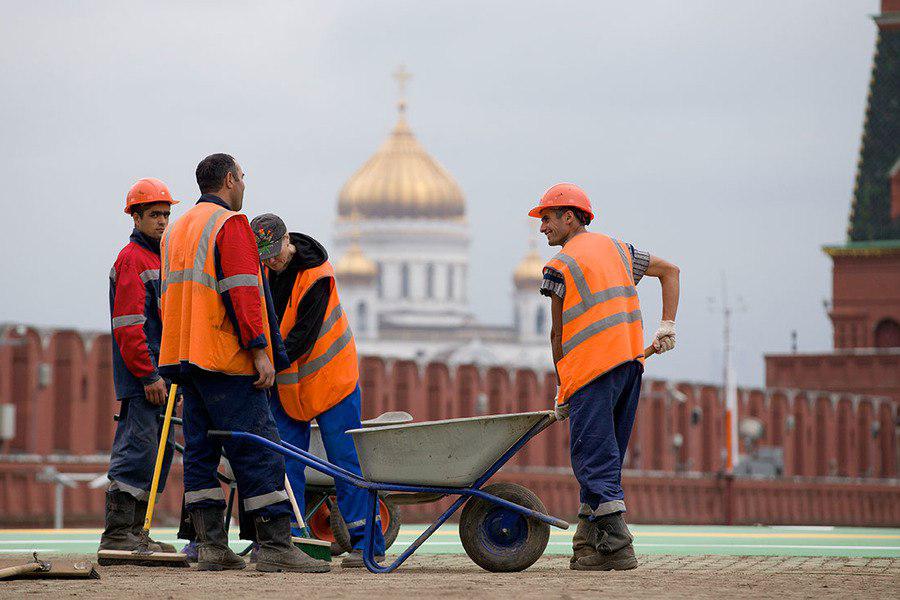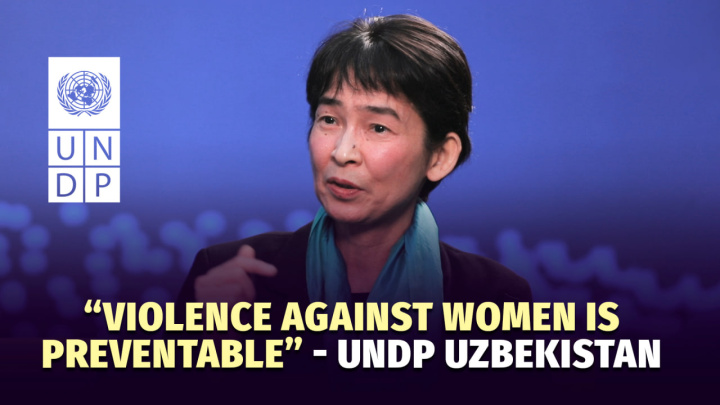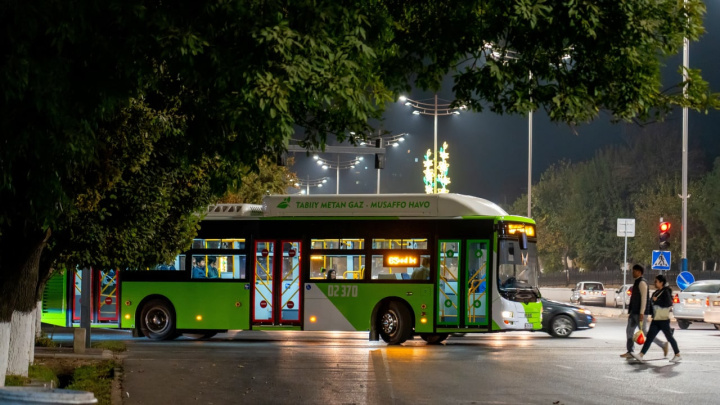For Uzbekistan, migration is a good solution to tackle issues related to low wages. It reduces the poverty rate in the country almost by half – at the expense of the money that migrants send home, Kommersant.ru reports referring to a World Bank (WB) study.
The task of the WB study was to identify the links between the migration policy of the Uzbek authorities and well-being of the population based on statistics and a large-scale survey.
Since 2017, the Uzbek authorities have begun to reform the internal migration policy, simplifying the rules that hinder the outflow of citizens from the country. In the future, these steps may lead to the expansion of potential migration, will create new opportunities for a developing market economy of the country and accelerate its growth, the World Bank stressed.
Removing barriers to migration will help citizens who are on the verge of need – after departure, migrants play an active role in maintaining the well-being of the remaining family members, increasing the frequency and size of remittances in the light of a worsening economic situation at the home country.
In the event of the cessation of remittances by migrants to their homeland, the level of poverty in the country will almost double, from 9.6% to 16.8%, the WB noted.
Earlier, it was reported that in the first quarter of 2019, $818 million was sent from Russia to Uzbekistan, whereas last year it was $726 million. In addition, the volume of temporary migration from Uzbekistan to Russia increased to the figures of 2015 – as of December 1, 2018, there were 1.8 million citizens of Uzbekistan in Russia.






